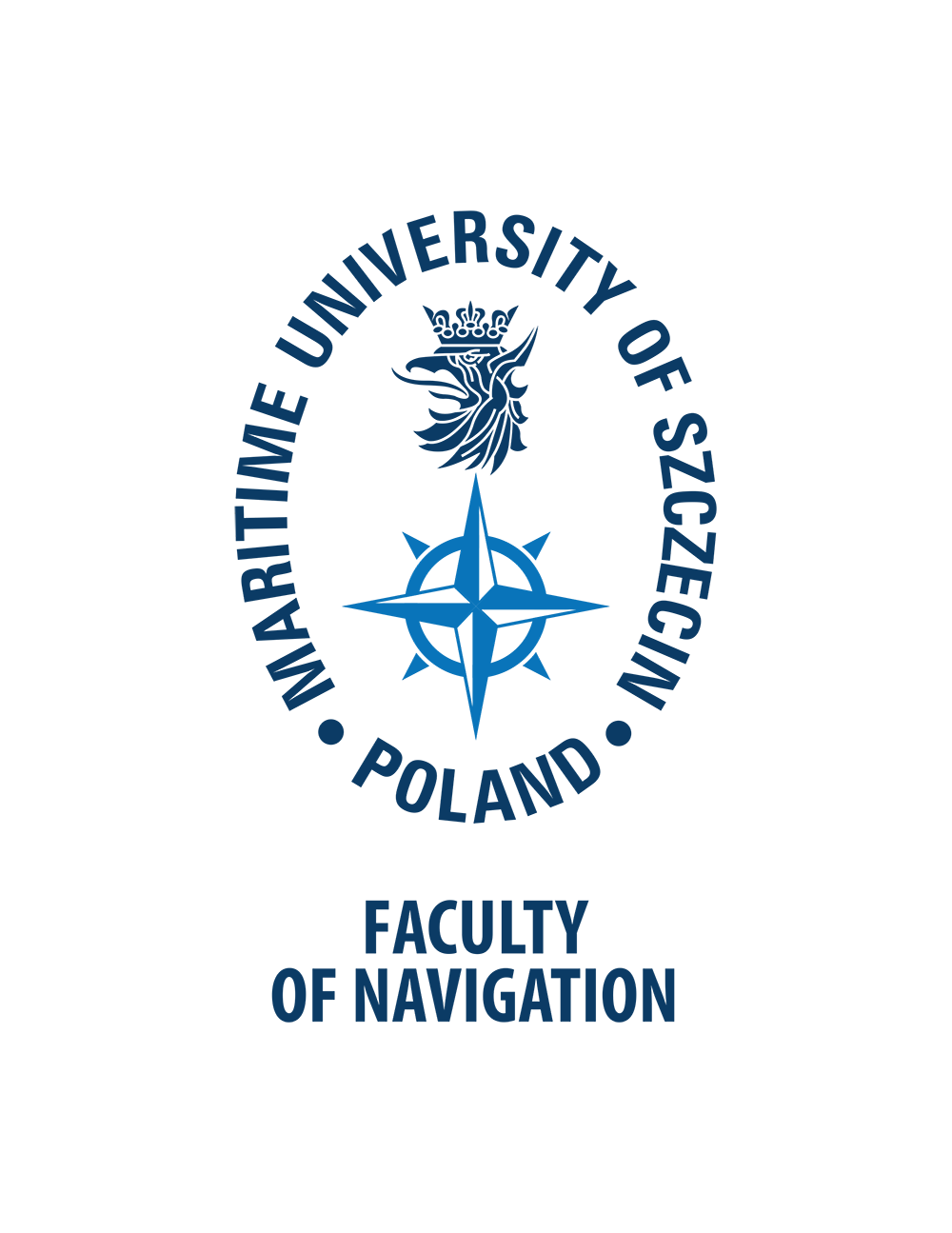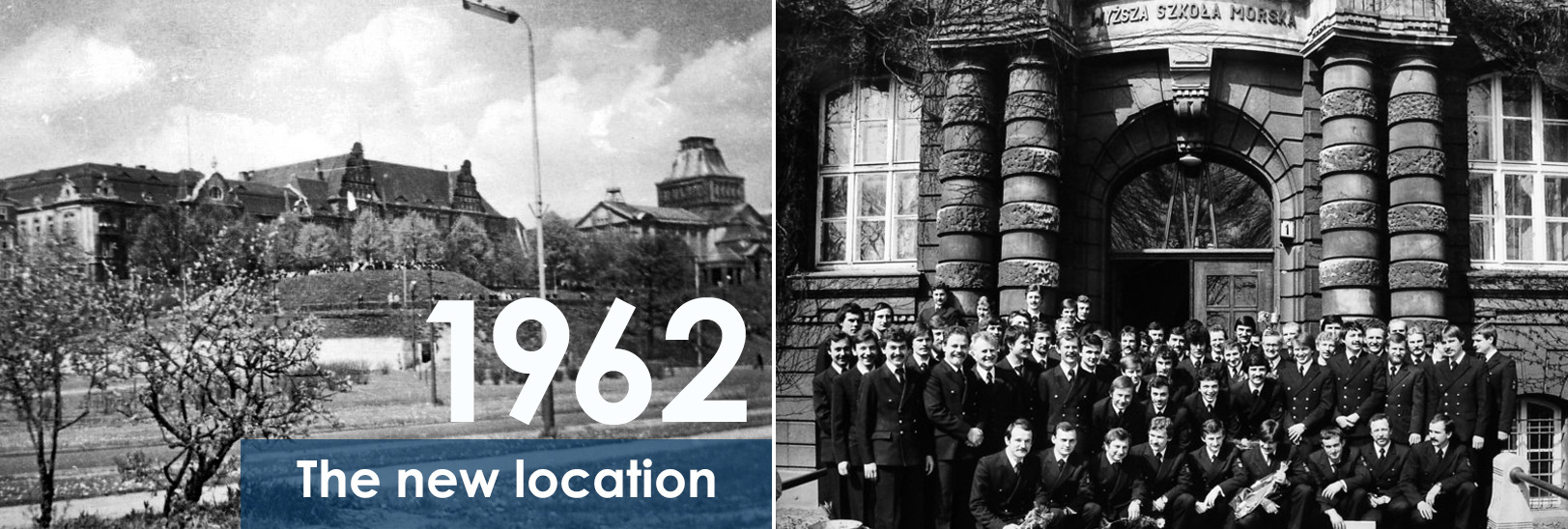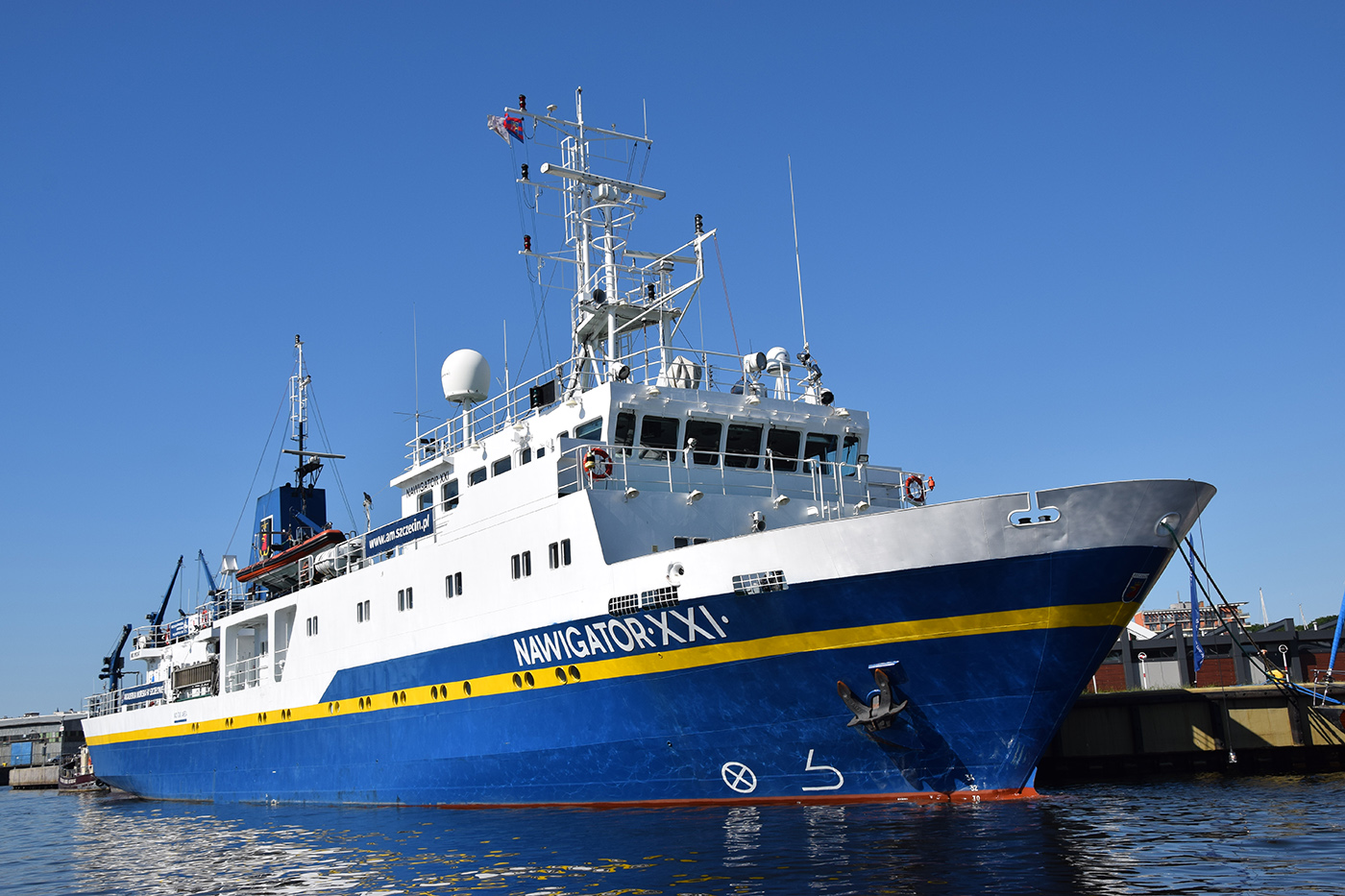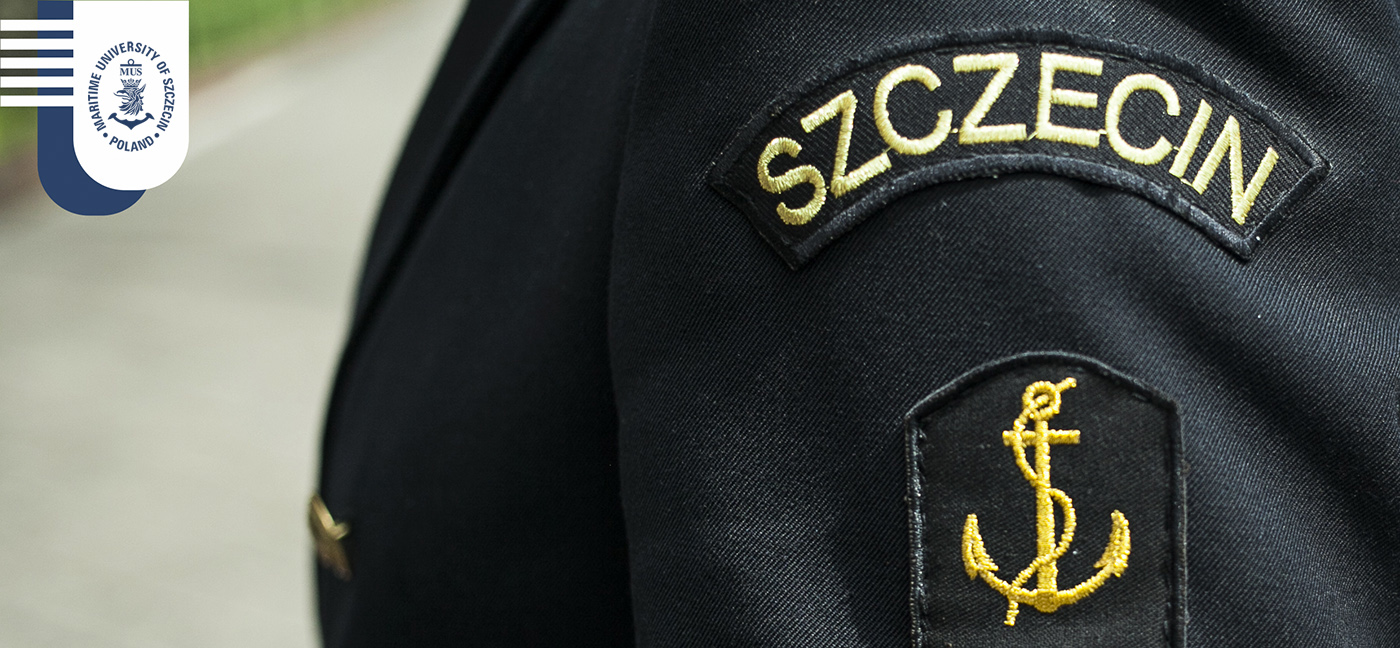Faculty of Navigation About the Faculty

The History of the Faculty
The history of the Faculty of Navigation dates back to 1947. That year, the first school for maritime professionals was established in the Polish city of Szczecin, which was incorporated together with West Pomerania province (former German territories) into Poland after World War II.Over the decades, the school supplied a few thousand, world-renowned officers for the merchant and fishing fleet. Those days, deep-sea fisheries, in particular, were in rapid expansion, and Faculty of Navigation graduates were present on the world's most remote waters, exploring uncharted fishery zones, becoming unquestionable experts in their profession.
Meanwhile, the Faculty Navigation was one of the pillars of the maritime school in Szczecin, which changed its name a couple of times, settled (1962) in one of the best locations in the city - at Chrobry Embankment and since 1968, as Maritime School of Higher Education (Pol.: Wyższa Szkoła Morska) grew to become one of the major maritime schools in Europe.

In 2004 the name was changed to Akademia Morska (Maritime Academy), which is the direct equivalent of a university in the generally accepted educational terminology. In Polish, "academy" is a term referring to an institution providing higher education, particularly in the uniformed or artistic professions. The subsequent development of the University in terms of facilities, staff competence and expanding numbers of courses provided, resulted in the Polish parliament's decision to upgrade MUS status within the Polish education system. On the 1st of September 2022, the Polish name of the MUS was again changed from "Akademia Morska" to "Politechnika Morska". The word "politechnika" comes from ancient Greek - polýtechnos - and means proficient in many arts. In the Polish educational system, a higher education institution called "politechnika" corresponds to a university or institute of technology in the generally accepted educational terminology used in English-speaking countries. The name in English though, will not be changed and remains the Maritime University of Szczecin.
Faculty of Navigation today
Currently, the MUS Faculty of Navigation is among the major maritime educational institutions in Europe training navigators, deck officers, naval architects and other professionals with a comprehensive suite of maritime qualifications. A substantial number of FoN graduates also find employment ashore (ports, shipping companies, land survey services, local and government administration). The Faculty provides education to more than 1,600 students who benefit from up-to-date programmes, modern simulators and well-equipped laboratories. The internship onboard the research/training ship m/s Nawigator XXI is an integral part of the MUS education process.
The Faculty staff consists mostly of lecturers holding scientific degrees and extended experience confirmed by seafarers’ management level certificates. Many of them are committed to the work of IMO (International Maritime Organization). The Faculty is authorized to confer doctorates in geodesy and cartography, civil engineering, transport and postdoctoral degrees in civil engineering.
Both full-time and part-time studies are divided into two levels (undergraduate and postgraduate)
Currently, the Faculty of Navigation offers courses in:
Navigation,
Inland Navigation,
Geodesy, Surveying and Cartography,
Naval Architecture and Shipbuilding,
Geoinformatics (postgraduate course in Polish only).
Postgraduate full-time studies (MSc degree) are available for graduates of all courses.
PhD programs are also available for selected disciplines.
Part-time programme: four-year undergraduate studies (engineer's degree) and two-year postgraduate studies (Master’s degree).

Navigation course (engineer's degree in Polish and English) offers the widest choice of specialities:
- Maritime Transport (available also in English)
- Marine Traffic Engineering
- Hydrographic Survey and Nautical Signage
- Marine Rescue
- Offshore Vessel Operation
- Maritime and Inland Waterway Transport
- Maritime Sailing
Our graduates are held in high regard by maritime employers including shipowners, ports management boards, and maritime administration.
Geodesy, Surveying and Cartography course (in Polish only) includes a choice of two specialities:
- Geoinformatics,
- Hydrography,
- Ship Design and Construction,
- Yacht Design and Construction,
- Operation of Maritime and Inland Waterway Vessels
- Management of Inland Waterway Shipping

